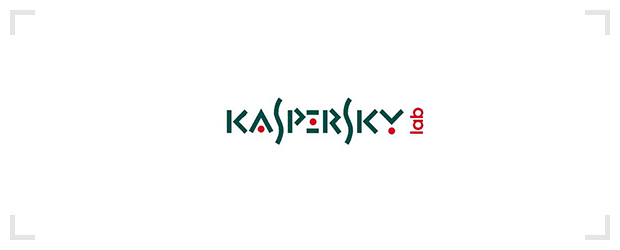PUNTA CANA, DOMINICAN REPUBLIC – A Quebec VAR has locked up the exclusive rights to sell Kaspersky Lab offerings to the Canadian federal government and, after a two-year process, it now has federal government authorization to sell the vendor’s security offerings to Canadian government departments.
Hypertec Systems is based in Quebec, with offices in Ottawa and Toronto, and a foot already in the public sector door thanks to its white box business, which has clients in the federal government as well as Quebec school boards. Jean Claude Carufel, Hypertec’s vice-president of sales for public sector, said it was a challenge to get Kaspersky into the federal government, because the North American arm of the Russian IT security vendor doesn’t have an office in Canada – a requirement for selling to the feds. To get around that, Hypertec signed a contract with Kaspersky to essentially own the rights to sell Kaspersky products to the federal government.
With that piece of the puzzle in place, just in time for last week’s Kaspersky partner conference, Hypertec was added to the federal government’s approved list of security software providers.
“Getting on that list was a huge hurdle, because without it you can’t sell anything (to the government),” said Jerred Bittle, Ontario sales manager, public sector with Hypertec. “After two years of struggling and fighting back and forth we just got that this week. Now we have the ability to target different departments and try to sell to them.”
Carufel said he sees the federal government business opening new public sector opportunities, including more school boards and to the Ontario government from Hypertec’s new Toronto office.
They’ll start with the feds, though. Hypertec will have sold as many as 20,000 PCs to the government by fiscal year end in March, and those are all contacts they hope to leverage to talk about the benefits of security on those endpoints and elsewhere in their IT infrastructure.
“Right now it’s just a great opportunity. The door is open, and we need to take advantage of it,” said Bittle.
As a Chinese vendor, Lenovo – although it a good amount of government business, has met resistance at times from the Canadian and US governments over security concerns. Kaspersky is a Russian vendor, but Bittle said he hasn’t encountered any resistance to date.
“It’s a reality though, there are some departments that will shy away from Lenovo, but there are some that will buy it,” said Bittle. “As we have more success with the federal government it will help with other customers as well.”
And Kaspersky is building closer links with the U.S. government as well. It recently opened up an office in Washington, DC to share best practices and security intelligence and research with U.S. government agencies and decision makers, and Kaspersky North America president Steve Orenberg said they’re also developing a security solution designed for the public sector with a focus on critical infrastructure protection.
While security concerns around the Russian connection used to come up occasionally, Orenberg said after 10 years in the North American market, Kaspersky has earned a reputation as a trusted company in the security space. The company’s close relationship with global agencies such as Interpol helps as well.
“We’ve established enough credibility that the elephant in the room question isn’t there,” said Orenberg.





